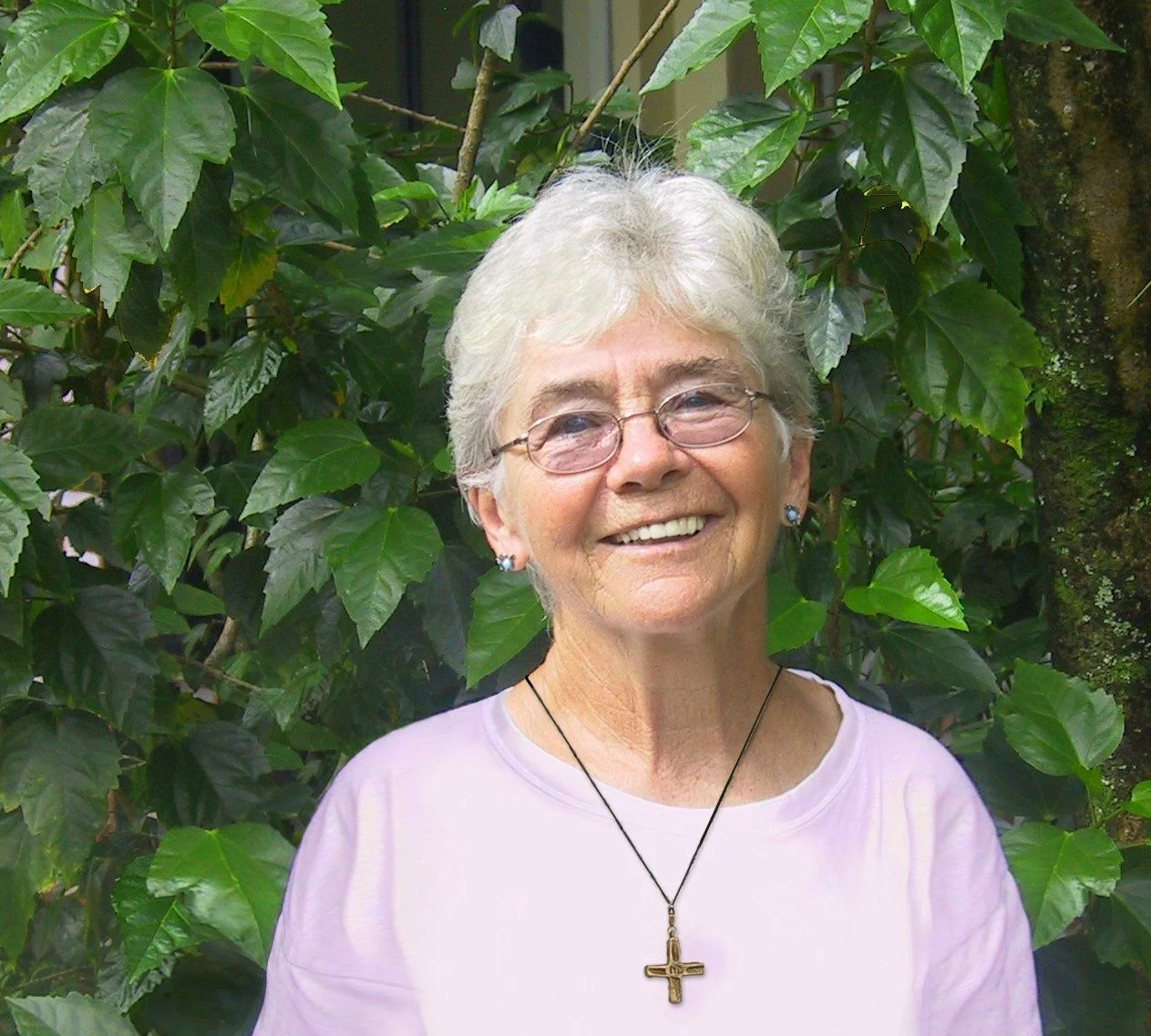Sister Dorothy Stang
A Martyr for God’s Poor and God’s Creation
by Ed Judge
On February 12, 2005, a 73-year-old Catholic nun was accosted by two strangers as she walked to a meeting along a dirt road through the Amazon rain forest in Brazil. When the men asked if she had a weapon, she replied that her weapon was her Bible, and began reading to them from the Beatitudes. One of the men then shot her in the abdomen, and she fell forward on the ground. He then shot her again in the back, and four more times in the head, ending the remarkable life of a truly remarkable woman.
The woman was Sister Dorothy Stang. Born in 1931 in Dayton, Ohio, she joined the Sisters of Notre Dame de Namur in 1948, and from 1951 to 1966 she taught in Catholic grade schools in northeastern Illinois and Phoenix, Arizona. Feeling called, however, to serve God as a missionary among the poorest of His poor, she answered the call and went to Brazil in 1966. There she worked in Amazonia among the impoverished people, tending to their spiritual and physical needs and helping to open some 39 schools. She also fought to preserve the rain forest through a sustainable development program that gave landless peasants small plots of land to be farmed in ways that avoided deforestation.
“The death of the forest is the end of our life.”
She thus earned the ire of powerful beef and agribusiness interests that cleared the forests for cattle-raising and commercial farming, as well of loggers who felled trees for hardwoods, and even local workers concerned that their livelihood depended on these enterprises. Faced with death threats and increasing danger, especially after ranchers put a price on her head, she refused to either leave or back down, and often wore a T-shirt reading in Portuguese “The death of the forest is the end of our life.” A local rancher, whom she had accused of illegally starting fires to clear forests, was later convicted of paying the assassins that ended her life on that fatal February morning.
Her death sparked global outrage, but also called attention to her work. In 2008 she was posthumously awarded the United Nations Human Rights Prize for her role in defending the landless and poor. Depictions of her life and death include a Net for God video called Amazonia: Dorothy Stang’s Struggle, a documentary titled They Killed Sister Dorothy (narrated by Martin Sheen), and even an opera entitled Angel of the Amazon. Many consider her a modern-day martyr who gave her life for the sake of God’s poor and God’s creation.
Her legacy, however, is by no means assured. Amazon deforestation recently reached its highest point in 15 years. Loggers and cattle ranchers, who account for up to 80% of this destruction, continue to fell trees or burn woodlands, destroying ecosystems that house hundreds of species and store billions of tons of carbon. As a result, the forest now emits more carbon than it can absorb, undermining its crucial role in protecting us from global warming. Indigenous peoples and poor small farmers are still often at the mercy of loggers and ranchers, whose profits are driven by global demand for hardwoods and beef. Having banned imports of Brazilian beef in 2017 for health and safety reasons, the United States lifted its ban in 2020, and imports of this beef have since greatly increased. Sister Dorothy’s struggle, for which she gave her life, thus continues, with implications for all of God’s creation and God’s people.

